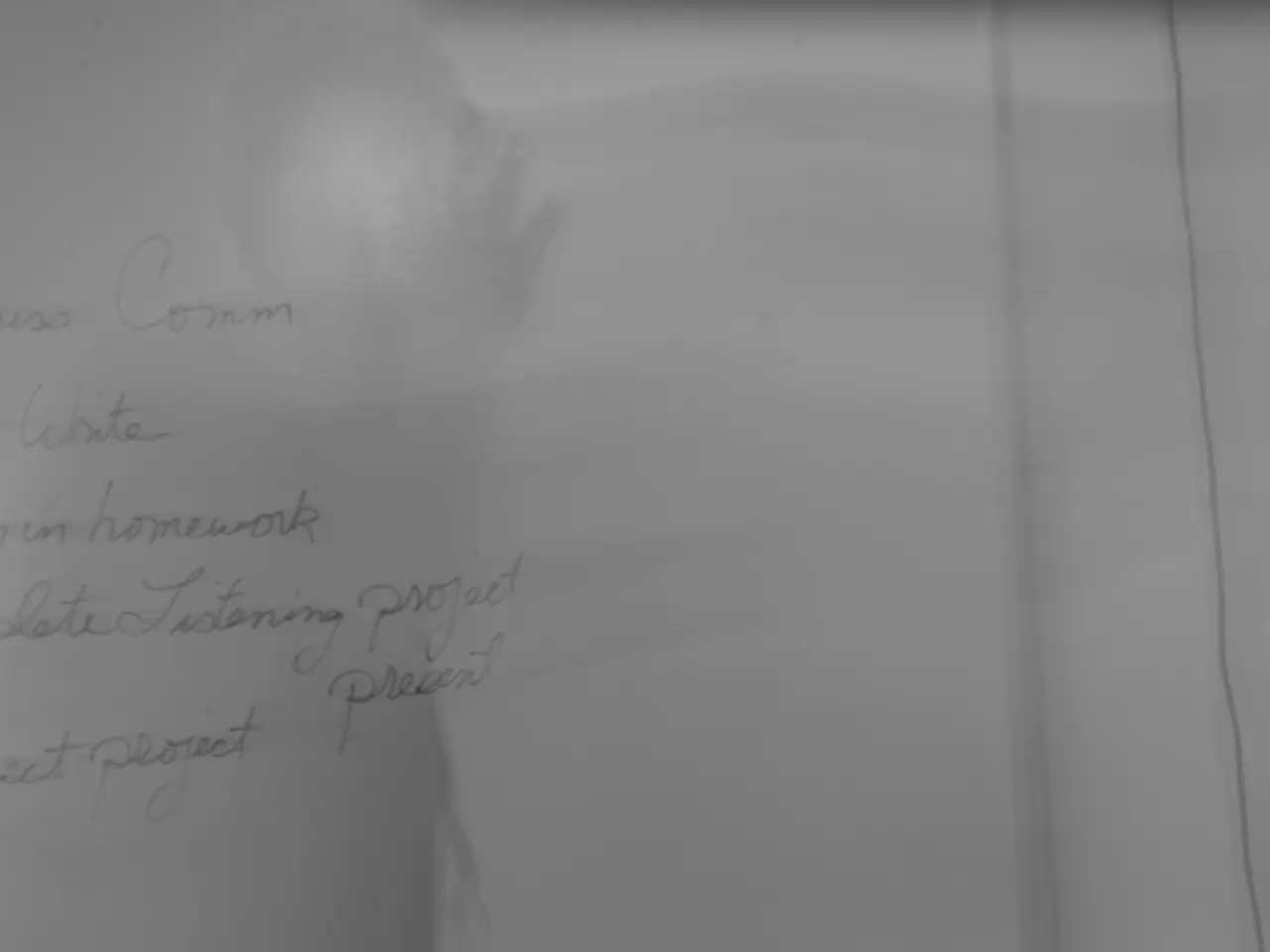Trump Imposes 50% Tariffs on Indian Imports, with Modi Advocating for 'Self-Sufficiency' in Response to Trade Crisis
Prime Minister Narendra Modi has announced a series of measures in response to the United States' enactment of a 50% tariff on a wide array of Indian imports, effective August 27, 2025. The tariff surge, according to Indian officials, will directly impact two-thirds of India's annual goods exports to the U.S., totalling between US$86-87 billion in 2024.
On this note, Modi introduced sweeping tax cuts, including a US$12 billion income tax relief package. This move is aimed at stimulating local industries and easing the burden on businesses, particularly those in labor-intensive sectors such as garments, gems, jewelry, seafood, and furniture, which now face severe competitiveness challenges.
In his Independence Day address, Modi called on citizens and businesses to embrace 'Made in India'. To support this vision, India will provide financial relief and regulatory easing to local industries. The Atmanirbhar Bharat (Self-Reliant India) vision, launched in 2020, is being put into action due to the tariff crisis.
Economists foresee export revenues shrinking by up to $40-50 billion, with a potential 1% drag on GDP growth. To mitigate this, India plans to reform key sectors, such as semiconductors and defense, to reduce import dependency. India is also exploring new trade markets beyond the U.S. to diversify export destinations.
India will continue dialogue with the U.S., despite heightened political strain. However, the tariff crisis may signal a tectonic shift in trade orientation away from reliance on U.S. markets. With key exports downgraded and diplomatic friction rising, Modi is scheduled to visit China for the Shanghai Cooperation Organisation (SCO) summit.
India is eyeing strategic partnerships, especially with BRICS, including China and Russia, to offset lost trade avenues. Modi's emphasis on self-reliance and domestic reform signals a renewed commitment to economic sovereignty. Furthermore, Modi announced reforms to the GST system aimed at stimulating local industries.
India labeled the tariff move as "unfair, unjustified and unreasonable," emphasizing its sovereign rights to pursue energy diversification. The next planned trip of Prime Minister Modi is a high-profile tour to Asia, including visits to Japan, China, and Russia, aimed at strengthening strategic partnerships amid escalating tensions with the United States.
Read also:
- ICE directed to enhance detention conditions following NYC immigrants' allegations of maltreatment
- Israeli finance minister issues warnings about potential annexation of West Bank territories
- United States faces rebuttal from South Africa over allegedly deceitful human rights report and assertions of land expropriation
- Accident at Rodalben Results in Injuries; Geoskop Area near Kusel Affected After Stormy Weather








